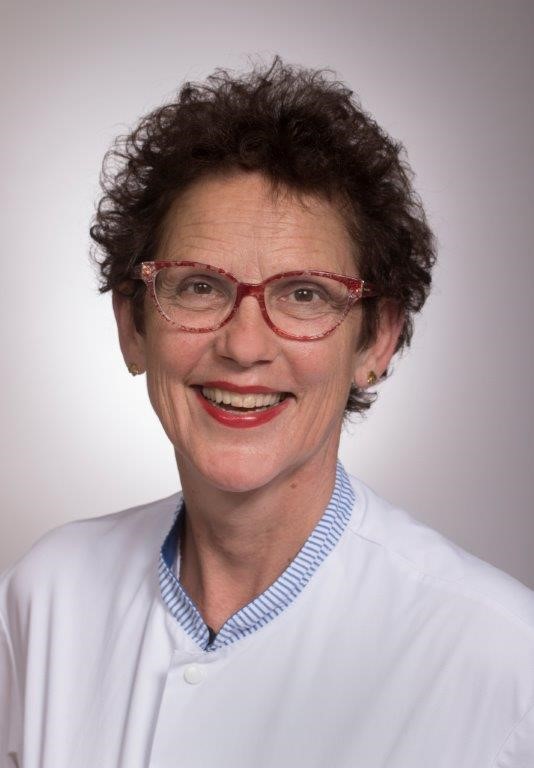Associate Professor - medical
Strategic program(s):
Biography
Petra Lemmers was graduated in medical science at Leiden University in the Netherlands (cum laude) and was trained in pediatrics at the Sophia Children’s Hospital/Erasmus University Hospital Rotterdam (NL) and in neonatal medicine in the Isala Clinics Zwolle (NL) and the Wilhelmina Children’s Hospital/University Medical Center Utrecht (NL).
At the present time she is associate professor in neonatology (research school Child Health, University Medical Center Utrecht) and is working as a consultant neonatologist at the NICU of the Wilhelmina Children’s Hospital Utrecht. She is also involved as an expert in the customer excellence program 'Samen voor de Patient!' of the University Medical Center Utrecht.
The main focus of research on the NICU is the neonatal brain: brain monitoring, brain hemodynamics, neuroprotection, brain imaging and neurodevelopmental outcome (prof Manon Benders and prof Linda de Vries; research schools Brain and Child Health ). In 2003 she started her research concerning the clinical use of non-invasive cerebral monitoring by near infrared spectroscopy (NIRS) in (preterm) neonates admitted on the NICU. She defended her thesis “The clinical use of near infrared spectroscopy‐monitored cerebral oxygen saturation and extraction in the preterm infant” in 2010 and published until now > 70 peer reviewed papers about this subject in prominent scientific journals.
Nowadays on the NICU the brain of preterm infants, neonates after perinatal asphyxia and all infants undergoing surgery in the neonatal period is monitored by NIRS during the most vulnerable period after birth: during transition, during treatment with hypothermia, but also during surgery.
She also participates in national and international collaborative projects concerning NIRS (SafeBoosc-trial: prof Gorm Greisen Kopenhagen Denmark; TOHOP-trail/cerebral hemodynamics: prof Istvan Seri Los Angeles USA, currently Doha Quatar; NIRS-project concerning monitoring cerebral autoregulatory ability: prof Gunnar Naulaers and prof Sabine van Huffel Leuven, Belgium. She is supervising several PhD students and is involved in education programs concerning brain monitoring in neonates in the Netherlands and abroad.
Research aim
Our research strives to improve outcomes for Esophageal Atresia patients, reducing morbidity and enhancing quality of life, while developing strategies for long-term improvement, shaping a brighter future.
Go to groupResearch aim
Our mission is to unravel the impact of neonatal surgery, as well for congenital heart defects as non-cardiac anomalies on brain injury, development and long-term impairments to develop strategies to improve long-term outcome shaping a better future.
Go to group2012 Grant NutsOhra Foundation
2011Grant UMCU/WKZ Foundation

